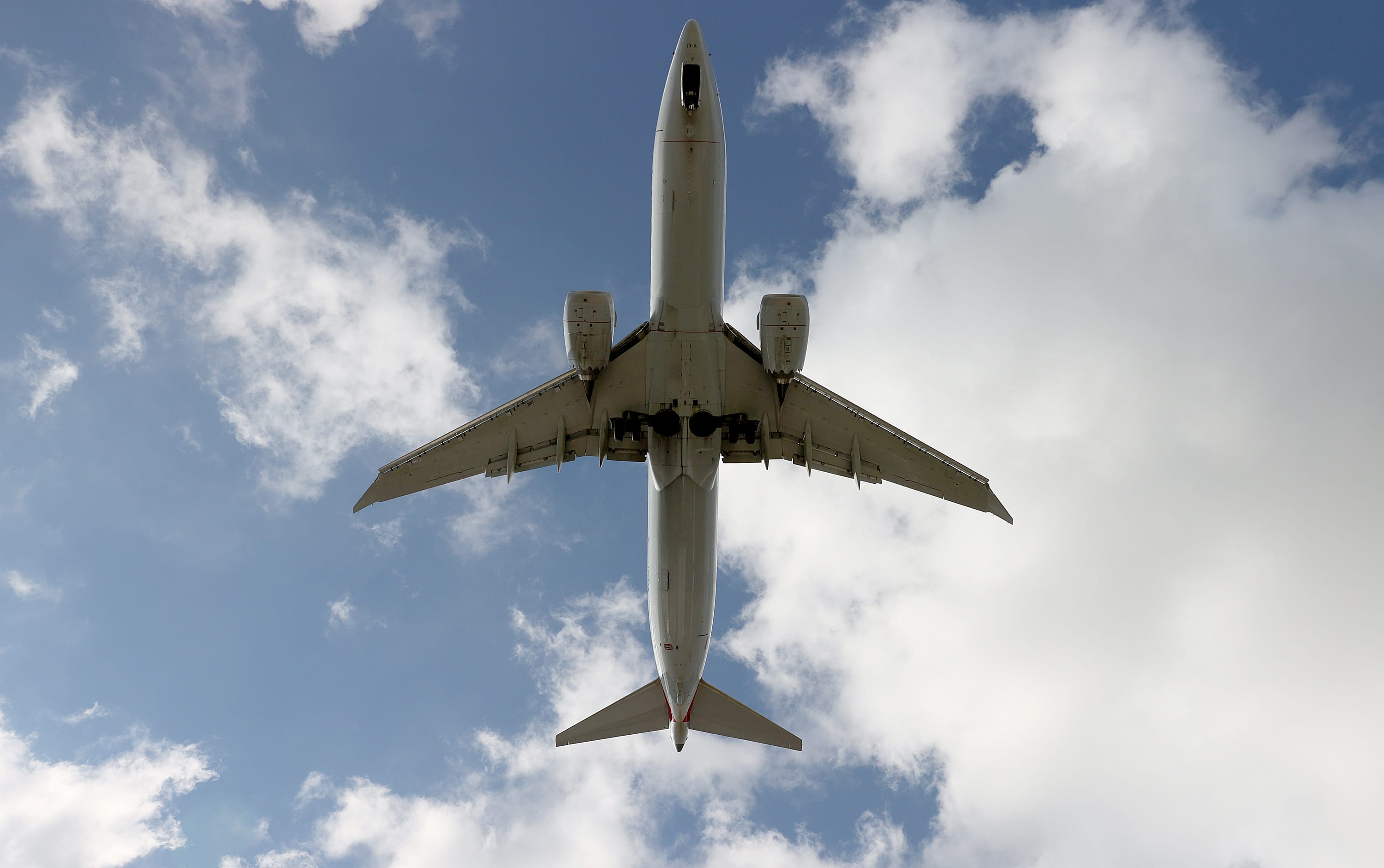Boeing took a $3.5 billion pre-tax charge on its 787 Dreamliners after production issues prevented the company from delivering the planes to airlines for most of the last 15 months.
The company, however, said Wednesday that it generated positive cash flow in the fourth quarter, hitting that key milestone earlier than Boeing executives forecast. It was driven by a jump in deliveries last year of its 737 Max after regulators lifted bans on the jets after two fatal crashes.
Here’s how the company performed compared with analysts’ estimates complied by Refinitiv:
- Adjusted results: A loss of $7.69 a share vs. an expected loss of 42 cents a share.
- Revenue: $14.79 billion vs. $16.59 billion, expected.
For the year, Boeing posted its third annual loss in a row as the pandemic and production issues continued to hurt its bottom line.
“2021 was a key rebuilding year for us, and together, we overcame significant hurdles,” CEO David Calhoun said in a note to employees on Wednesday. “While we have more work to do, I am confident that we are well positioned to accelerate our progress in 2022 and beyond.”
Boeing shares were up more than 1% in premarket trading after the company released results.
Boeing’s aircraft sales and deliveries surged last year but handovers of new planes to airlines still trailed rival Airbus.
Boeing has been hamstrung by the pause in deliveries of its 787 Dreamliner plane for much of the past year due to a series of manufacturing flaws, challenging customers like American Airlines and Hawaiian Airlines.
American last month said it would trim its international schedule because of 787 delivery delays. The carrier’s CFO Derek Kerr said on an earnings call last week that Boeing was already paying penalties for the delays and “will compensate us for the losses” if there are additional delays.
Calhoun has said he expects the worst is behind the aviation sector after the pandemic devastated travel demand. Airline executives earlier in January said they expect international travel demand to rebound this spring and summer after travel restrictions were lifted in recent months.
Boeing and Airbus supplier General Electric on Tuesday forecast a 20% increase in revenue this year in its key aviation unit, which produces and repairs aircraft engines.
The company will hold a 10:30 a.m. ET call with analysts, when executives are likely to be quizzed about its production pace, supply chain issues and potential impacts on the company from rising tensions over Ukraine.
This is breaking news. Check back for updates.
